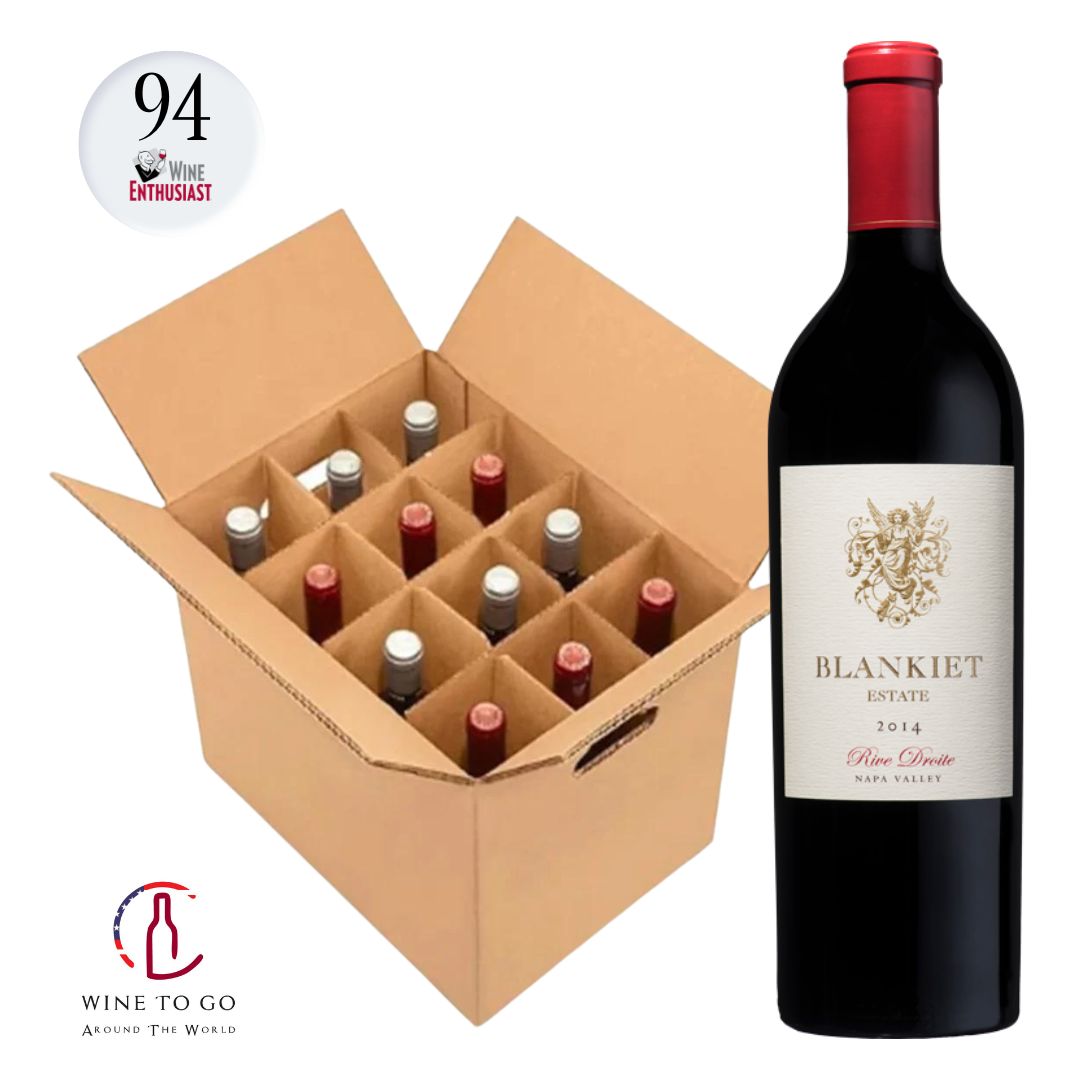Blankiet Estate
2007 Blankiet Rive Droite Paradise Hills Vineyard
2007 Blankiet Rive Droite Paradise Hills Vineyard
Couldn't load pickup availability
Winemaker Notes
Claude and Katherine Blankiet continue to make subtle changes in their winemaking at Blankiet Estate. Michel Rolland has been replaced by Denis Malbec, but superstar viticulturist David Abreu still manages this gorgeous hillside vineyard in the foothills of the Mayacamas Mountains, just behind the large estate of Dominus. The 2008s have improved dramatically since last year, which may be the result of the culling out of certain lots for their second wine called Prince of Hearts. The 2007s essentially performed as well as they did last year, and it appears to be the greatest vintage yet produced at Blankiet.
About Winery
Paradise Hills is farmed organically and is Napa Green Certified.
Greek and Roman farmers knew that better wines are made from vines that are planted on hillside vineyards in depleted soil. This type of farming is best to control the grapevine’s relentless propensity in growing canes and leaves instead of fruit. Farming these sites require an enormous amount of labor, but the reward is a crop full of intensely flavored berries.
Pruning is done during the winter, while the plant is dormant.
There are two basic systems of pruning: Cane pruning or Spur pruning.
We use the later as it is better suited for the French hybrids varieties we are growing. The most fruitful buds are situated near the base of the canes, so all wood is cut back to short spurs with two buds and the rest of the wood is removed.
Pruning is done during the winter, while the plant is dormant.
There are two basic systems of pruning: Cane pruning or Spur pruning.
We use the later as it is better suited for the French hybrids varieties we are growing. The most fruitful buds are situated near the base of the canes, so all wood is cut back to short spurs with two buds and the rest of the wood is removed.
To further enhance wine concentration and complexity, the number of clusters a vine is allowed to ripen is restricted. During the growing season buds, flowers, leaves and clusters are carefully thinned out, allowing each vine to produce a metered amount of fruit in accordance to its age, terroir and specific weather conditions of the year.
Water needs are regularly monitored during high heat by checking the moisture level in leaves to prevent the shutdown of photosynthesis. By mid-summer, the diminishing hours of sunlight signals to the vines that the end of the season is near and to spend all their energy in ripening the clusters of berries.
Share

